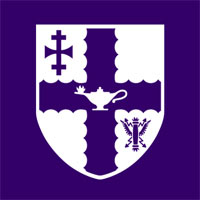fees waived
Aeronautical Engineering, MEng (Hons)
Loughborough University, United Kingdom
Ranking in UK
Engineering: General
General Engineering
Engineering: Aerospace
Costs
food & rent S$17K / year
Entry requirements
Scholarships
9 available
More than 50 available
Unlimited quantity
Limited quantity
Limited quantity
Information
Code
Code
Intakes
Website (External)
Programmes
Information
Duration
2029
Our Aeronautical Engineering course enables specialisation in vital areas shaping aviation's future, such as sustainable propulsion, automation, and unmanned systems. It addresses key challenges like environmental sustainability and advanced technologies, preparing students for careers in aviation and beyond. Core topics include Autonomous Vehicles, Sensor Fusion, Machine Learning, Noise Control, and Fluid Dynamics, supported by fundamental engineering principles. Hands-on experiences feature flight testing in equipped aircraft, design modules for aircraft and gas turbines, and final-year projects involving team-based aircraft design and original research.The MEng and BEng degrees share the first two years, with MEng offering advanced technical and management studies, language options, and a more substantial final project, potentially with international or industry collaboration. Both can include an industrial placement year. Assessment combines coursework, exams, presentations, and reports. The course is accredited by the Royal Aeronautical Society and the Institution of Mechanical Engineers, ensuring industry recognition.
For a full list of areas studied, see the 'What You'll Study' section of the course page on our website.
A local representative of Loughborough University in Singapore is available online to assist you with enquiries about this course.

